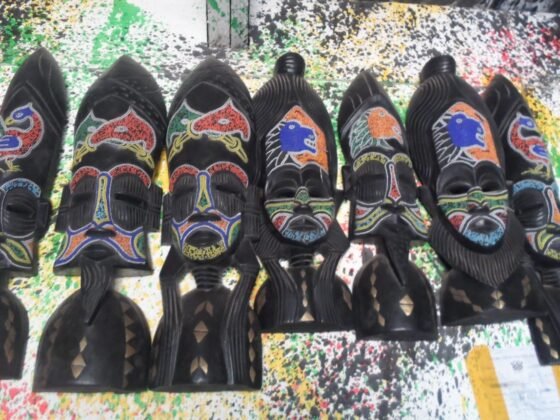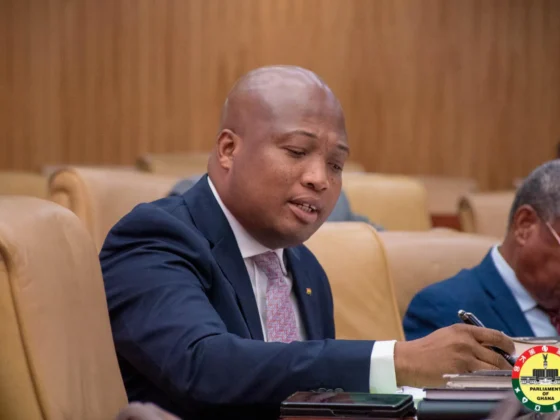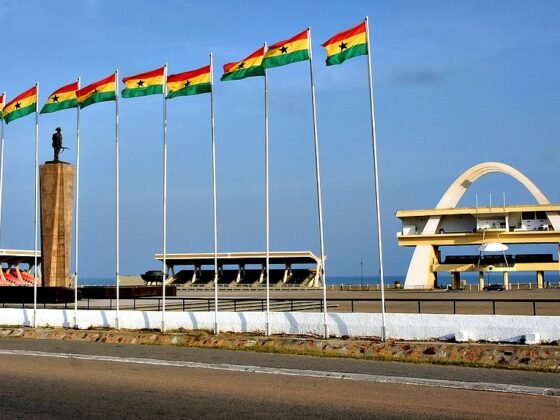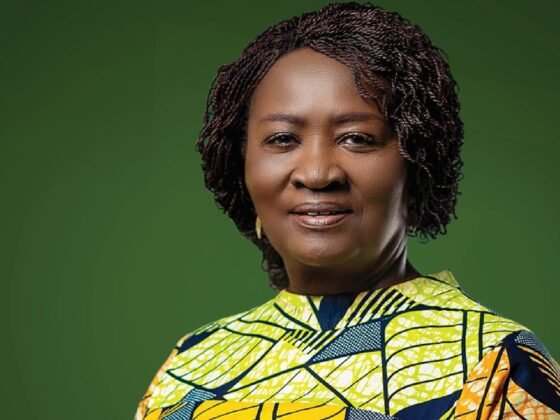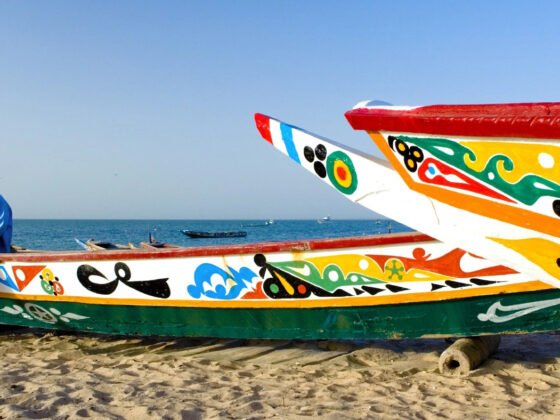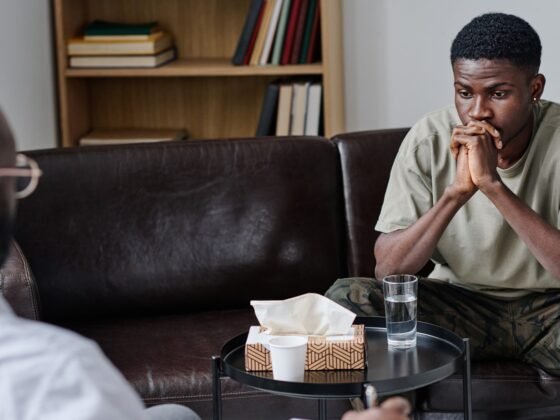The world of work, and the related education requirements, is changing in many ways and on many levels. The traditional industries of the past half-century into which our fathers moved to work are no longer the same, while the path in education and the knowledge required to excel in new environments are constantly and dramatically changing.
At the same time, looking at the path designed by our national education policy to mold students to enter the work environment, it appears stagnant. Technology, Science, the Arts, and Engineering programs graduate boatloads of fine students who have little or no impact on ‘real’ national development.
Building Educational Vitality & Regeneration
Educational policymakers, educators, and teachers ought to be eager to engage in the conversation regarding the following:
– An understanding of contemporary [21st Century] skills
– Consider ways in which these skills are critical for all students in our school/district classrooms
– The fit of these skills with our development agenda
– Think about fundamental beliefs and practices for contemporary [21st century] teaching in terms of key elements of differentiation (mindset, curriculum, assessment, instruction, and management)
– Creating students who can reflect on challenges, ask questions, and think ahead
– Encouraging creative and innovative minds who challenge themselves and others
What are the Contemporary (21st Century) Skills?
– Core Subjects: English, reading, world languages, arts, history, government, and civics, as well as 21st-century themes such as global awareness, finance/economics, entrepreneurship, civic and health literacy
– Learning and Innovation Skills: Creativity and innovation skills, critical-thinking and problem-solving skills, communication and collaborative skills
Information, Media, and Technology Skills: Information, media, and ICT literacy
Life Skills: Flexibility, initiative and self-direction, social and cross-cultural skills, productivity and accountability, leadership and responsibility
Ghana has to look at itself to identify its natural strengths, classify our national development priority needs relative to those strengths for the next two generations, and then design a path to move the nation effectively to that level. We have the minds to achieve this goal if we truly desire to move and affect every individual.


